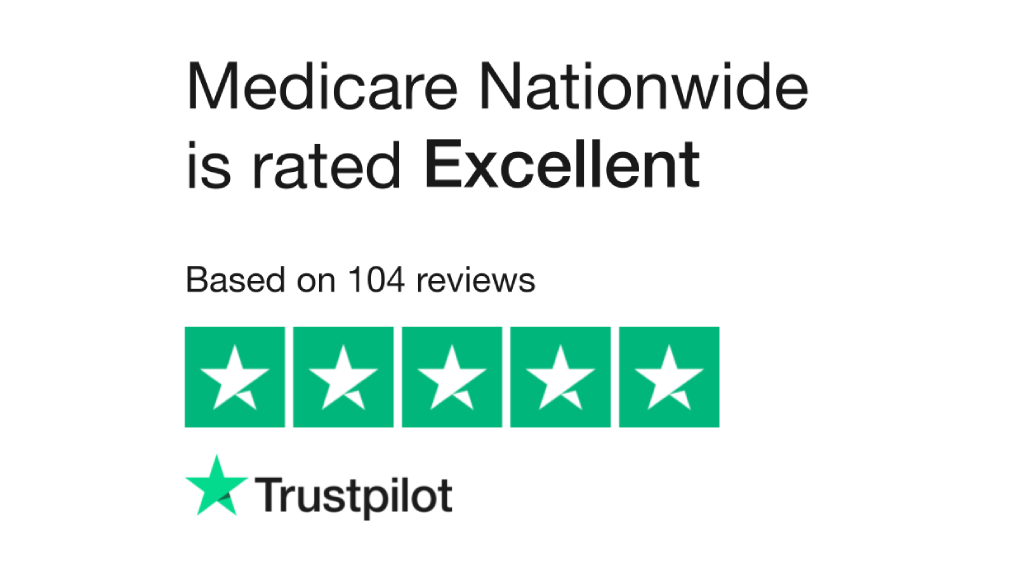Issue Age vs Attained Age Policy
Issue Age
Issue Age-rated states are those in which you are “locked” in at the age at which you get your policy. For instance, if you get your policy at age 65, you will always be charged 65-year-old rates. The premium can still go up every year, not because of your age, but because of several other factors including companies’ claims loss ratio, inflation, and many other factors. We find that issue-age states tend to have higher nationally averaged premiums but are much more stable over time. Issue age states are the most important in making an informed decision on which plan and company you choose. This is because if you decide to switch plans or companies later, you will pay the premiums to reflect that age and lose your previous issue age.
Advantages:
- Premiums are usually lower when the policy is issued at a younger age. You lock in a lower rate, and it remains the same throughout the life of the policy.
- Over time, you may pay less in total premiums compared to an attained age policy if you keep the policy for an extended period.
Considerations:
- The initial premium might be higher than for an attained age policy if you purchase at an older age.
Attained Age
Attained age-rated states are those in which the premium always reflects your age. As you age, your risk is greater, and your premiums reflect that risk. In these states, you will find that premiums start low at age 65, but tend to go up 4% or more every year with the chance of having 2 rate increases in the same year. One increase for age and another increase for reasons outlined above. Attained age states make shopping around every year worth your while as you are never locked into an age-like issue age states. Some companies still vow only to give one rate increase per year. Be sure to ask your agent which companies those are.
Advantages:
- The initial premium may be lower if you purchase the policy at an older age compared to an issue-age policy at the same age.
- The policy might be more affordable in the short term if you don’t plan to keep it for a long duration.
Considerations:
- Premiums typically increase as you age, so the policy can become more expensive over time.
- If you plan to keep the policy for a long period, you may end up paying more in total premiums compared to an issue-age policy.
This appointment is meant to alleviate any concerns and there is no-cost or obligation to make a change.
Community Rated
Community age states are those that charge the same premium no matter your age or gender. A male at age 80 will pay the same premium as a female at age 65 for the same plan and company. Premiums tend to be higher than the national average in these states since the premium is weighted between all ages and genders.
Advantages:
- Premiums are determined by factors related to the entire community or geographic area, leading to uniform premiums for all members within that community.
- This approach can provide stability and affordability for individuals with varying health statuses.
Considerations:
- Some argue that community-rated policies may result in higher premiums for healthier individuals compared to other rating methods, potentially leading to a sense of unfairness.
It’s important to carefully evaluate your individual needs and consult with a financial advisor or insurance professional who can help you make an informed decision based on your specific circumstances.
Prefer to chat by phone? Give us a call at 1-888-559-0103.

